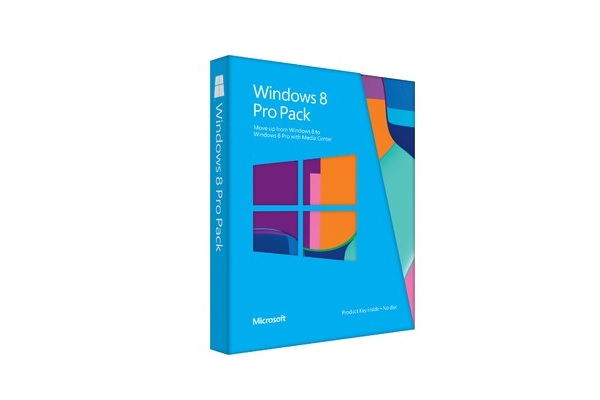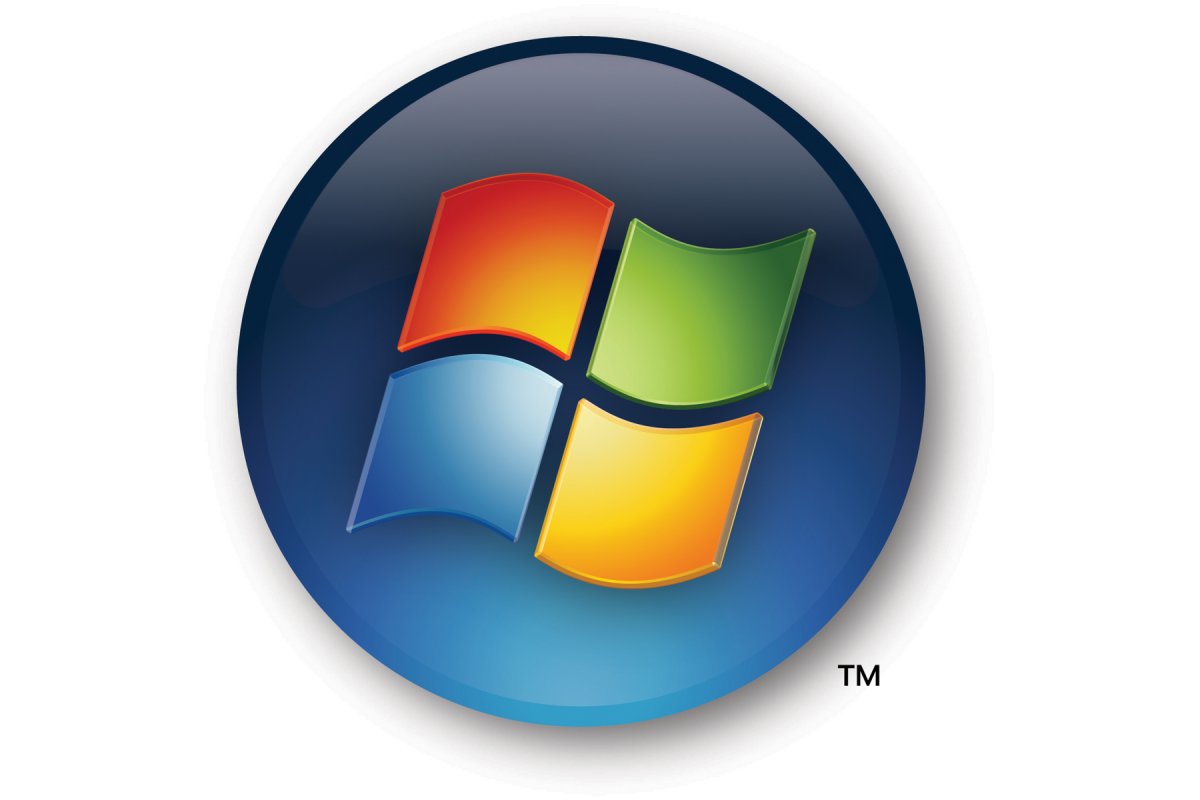Android app flaw allows 'easy piracy'
It is easy to create pirate Android apps that can get around Google’s License Verification Library, it has been claimed.


Most apps in the Android Market can have their licensing protection stripped away, making them easy targets for pirates, it has been claimed.
In a report from the Android Police, the author claimed minor changes could easily be made to an app's code, meaning it could be copied and then reconfigured to help it pass Google's Licence Verification Library (LVL).
By this time, of course, it will not longer be an official app but a pirated one.
Most Android apps are written in Java, the author explained, and these apps are compiled into byte-code. There are numerous software suites that can easily disassemble bytecode, which is in itself "fairly readable", leaving it more open for tampering.
Hackers can then reassemble the code of an app and make alterations to bypass the LVL verification process, therefore placing a pirated app on the marketplace.
The author called for improved solutions for preventing pirated apps finding their way onto the Android Market, such as "ways to confirm an application was installed through official means."
Tim Bray, from the Android developers team, responded to the Android Police findings in a blog post defending LVL.
Get the ITPro daily newsletter
Sign up today and you will receive a free copy of our Future Focus 2025 report - the leading guidance on AI, cybersecurity and other IT challenges as per 700+ senior executives
"Android Market is already a responsive, low-friction, safe way for developer to get their products to users," Bray said.
"The licensing server makes it safer and we will continue to improve it."
Bray also pointed out developers can write custom authentication checks for each of their applications.
Furthermore, all attacks on apps seen by the official Android developer team had so far been on apps which did not feature obfuscated code, providing a further layer of protection, he said.
Bray added: "100 per cent piracy protection is never possible in any system that runs third-party code, but the licensing server, when correctly implemented and customised for your app, is designed to dramatically increase the cost and difficulty of pirating."
Tom Brewster is currently an associate editor at Forbes and an award-winning journalist who covers cyber security, surveillance, and privacy. Starting his career at ITPro as a staff writer and working up to a senior staff writer role, Tom has been covering the tech industry for more than ten years and is considered one of the leading journalists in his specialism.
He is a proud alum of the University of Sheffield where he secured an undergraduate degree in English Literature before undertaking a certification from General Assembly in web development.
-
 Cleo attack victim list grows as Hertz confirms customer data stolen
Cleo attack victim list grows as Hertz confirms customer data stolenNews Hertz has confirmed it suffered a data breach as a result of the Cleo zero-day vulnerability in late 2024, with the car rental giant warning that customer data was stolen.
By Ross Kelly
-
 Lateral moves in tech: Why leaders should support employee mobility
Lateral moves in tech: Why leaders should support employee mobilityIn-depth Encouraging staff to switch roles can have long-term benefits for skills in the tech sector
By Keri Allan
-
 "Google should take the lead" in online piracy
"Google should take the lead" in online piracyNews David Cameron's intellectual property advisor says action against piracy should start with the search engine
By Clare Hopping
-
 Microsoft blooper lets users activate Windows 8 Pro for free
Microsoft blooper lets users activate Windows 8 Pro for freeNews Windows Media Center add-on has been inadvertently activating copies of Windows 8.
By Khidr Suleman
-
 Google launches algorithm to sink pirates’ search results
Google launches algorithm to sink pirates’ search resultsNews Change will help users find “legitimate, quality content”, says web giant.
By Jane McCallion
-
 Industry leaders slam website blocking plans
Industry leaders slam website blocking plansNews Google, BT, Virgin, Orange and Stephen Fry join forces to speak out against a last minute amendment to the Digital Economy Bill.
By Jennifer Scott
-
 Microsoft to scan for pirates every 90 days
Microsoft to scan for pirates every 90 daysNews Redmond giant Microsoft is trying to tackle the use of counterfeit versions of Windows 7 by cracking down on software hacks.
By Richard Thurston
-
 Has piracy cost the App Store $450 million?
Has piracy cost the App Store $450 million?News Report criticises Apple for its lack of action to curb app piracy, but critics say for the figures to be true each pirate would have to be responsible for 510 illegal downloads.
By Martin James
-
 Pirated copies of Apple iWork 09 infected by Trojan
Pirated copies of Apple iWork 09 infected by TrojanNews More than 20,000 Mac users have already downloaded a version of iWork containing a Trojan which can give control to cybercriminals.
By Asavin Wattanajantra
-
 Pirate versions of Windows 7 already freely available
Pirate versions of Windows 7 already freely availableNews It was to be expected, but BitTorrent users have already got their hands on what looks like an early version of Windows 7.
By Asavin Wattanajantra